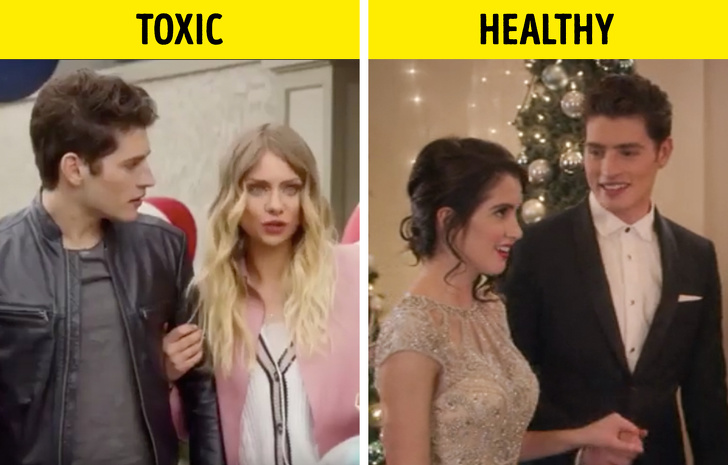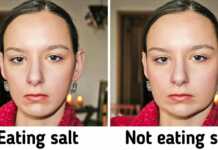We all like to think that nice and caring people will eventually find love in healthy and loving partners, but life is a bit more complicated than that. In reality, sensitive people might actually attract selfish partners that keep them in toxic relationships. In the end, these relationships can have a negative effect on both partners.
We at ViralSection want to make sure you always feel healthy and loved in your relationships, so we’re shedding some light on how caring people can be taken advantage of.
Narcissists want to dominate people’s time without empathy.

Even if you fall in love with someone who seems sweeter than honey, you might realize after a while that your partner isn’t as nice as they seem. Or you might know someone who’s found themselves in this kind of a toxic relationship. People who demand constant validation from their partners are called narcissists.

These 2 factors combined create the kind of person who will exploit others to get what they want in life. Unfortunately, their main targets tend to be affectionate people who end up giving their love to someone who doesn’t properly return their feelings. Narcissists usually don’t show their true behavior when starting a relationship, and instead act friendly and charming. In fact, many people wear this mask so well, that they don’t even realize it themselves.
Narcissists target “self-oriented” people for relationships.

In “Narcissism and Romantic Attraction” a study by W. Keith Campbell for the University of North Carolina at Chapel Hill, 2 types of people were found to be attractive to narcissists: admiring individuals and highly positive (defined as attractive or successful) people. Together, these 2 groups were considered “self-oriented” targets, as they represented what they wanted for themselves.

Narcissists will actually be less attracted to “caring” partners since they might feel obliged to return the care they get. In a warped way, a toxic partner can see this behavior as “needy.” Instead, a narcissist wants someone who represents what they themselves want to be… it’s almost like they are some sort of “positivity” parasite.

Because of this, a narcissist doesn’t want the closeness that an adult relationship needs to be healthy and only expects their partner to serve their needs. Ultimately, relationships with a narcissist can be unhealthy for both people involved. Not only do their partners lose out on intimacy, the negative relationship even hurts a narcissist’s self-esteem, which relies heavily on a successful relationship. Added to that, narcissists also end up avoiding partners who want to improve themselves, since this represents a flaw in the “self.”
Do you have problems dealing with narcissists? How do you assert yourself in your own relationships? Please share your thoughts with us in the comments.
Preview photo credit Suicide Squad / DC Comics





















